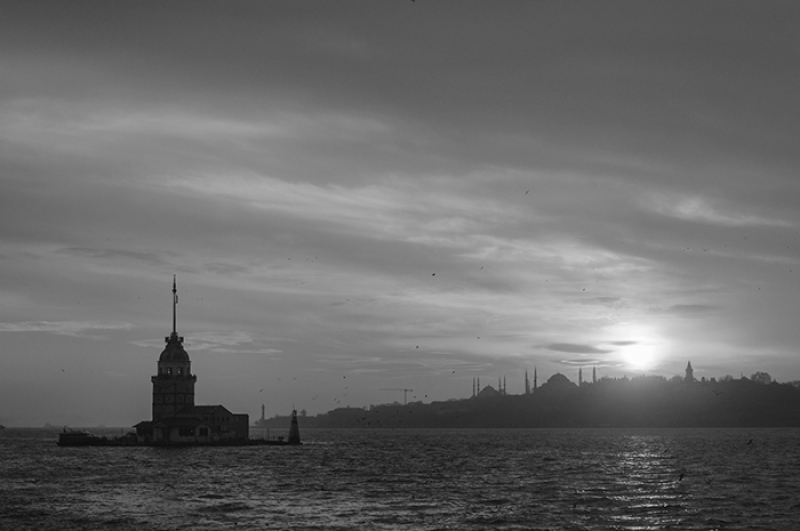If travel were a mood, it would be melancholy.
The desire to move begins fundamentally from a lingering dissatisfaction with one’s status quo. This is perhaps an affliction of modernity, its many creature comforts draining any semblance of meaning from the complex condition of living. Hence, the compulsion arises—to go beyond ourselves, to transcend our present stations in life.
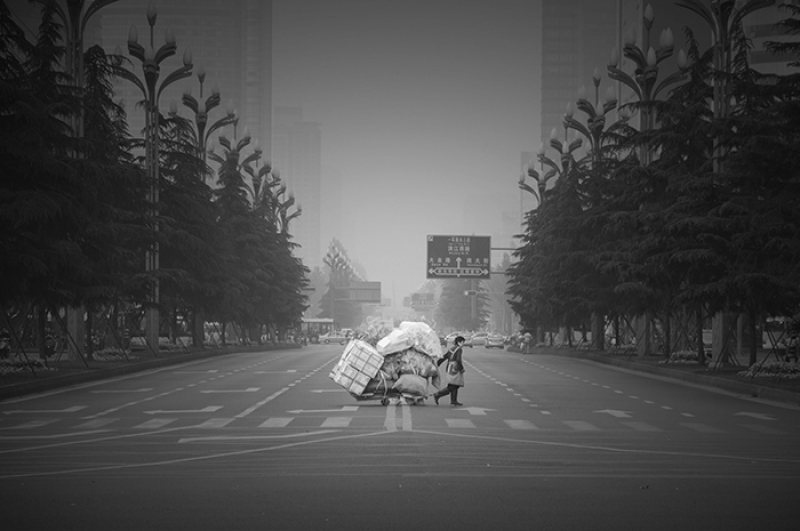
And so off we go, out into the world, crossing borders and venturing to new lands. The stimuli of novelty a salve to whatever that had propelled us to travel in the first place. For the time being, our inner voids are filled, we are satisfied, and the mysteries of existence seem resolved.
Yet, for those of us who have travelled for long enough, we know that travel cannot be euphoria. Our intense excitement from encountering someone or something new will give way to a more gentle sense of appreciation and eventually, a weary ennui.
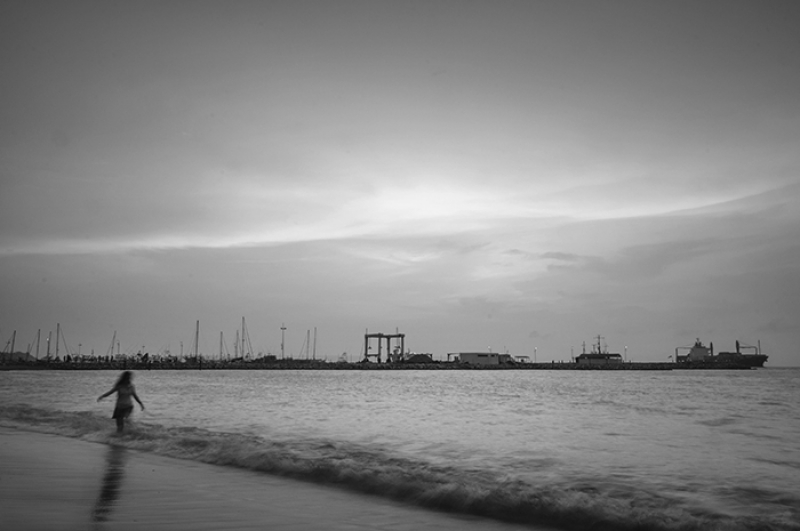
Travel is ennui
Once you have said enough goodbyes while on the road, the concept of travel itself loses its buoyancy. Travel then becomes not only about meeting people, but also losing them. We strive to gain familiarity with new places, only to grow more distant to those we have visited in the past.
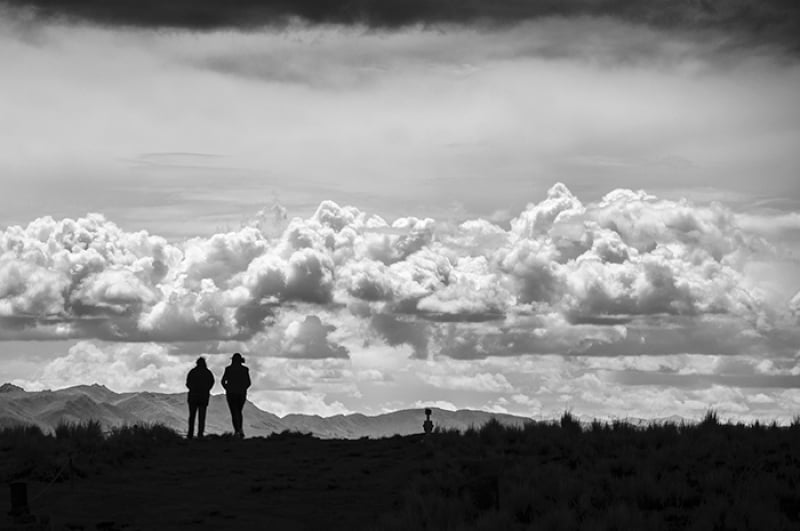
While invigorating, the varied experiences that travel offers will ultimately lead us to realise that life is just like a film reel that cannot be rewound. What can we feel but a pensive sadness when we realise that our lives are nothing more than a cascade of moments that can never be fully grasped, each frame of that film reel lost into the depths of elapsed time.
This is why the defining mood underpinning travel is melancholy, for melancholy is both its cause and effect.
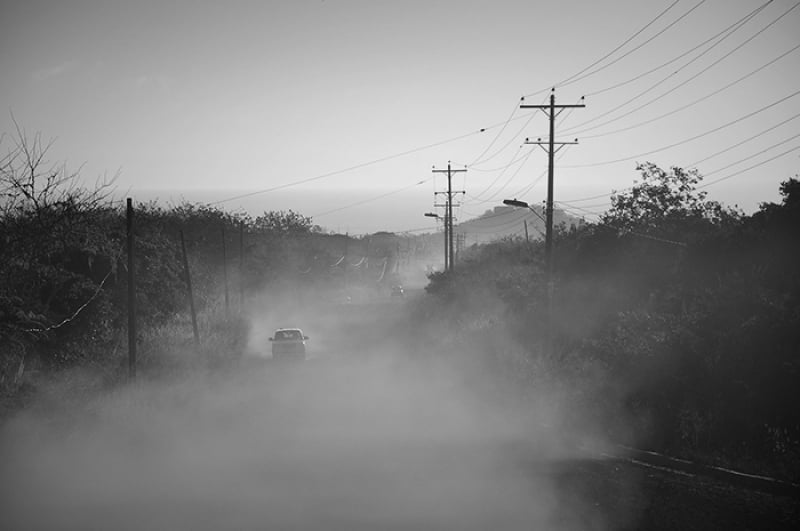
Travel therefore cannot be the solution to life’s woes. After all, even if we are constantly moving, we are still living. This means that we are still liable to the pain and suffering that is an inescapable part of being alive. By travelling, we are simply running away from one type of suffering to another.
Melancholy is meaningful
Equating travel with melancholy does not imply that travel has no value. Many of us think that melancholy is a negative emotion—a mark of depression and something that should be hushed and hidden away. Far from it.

Melancholy is valuable. It is our awareness of transience manifesting as an emotion. A mark of depth, melancholy is a reflection that we are keenly attuned to the vicissitudes of life, warts and all. When we feel melancholic, we are simply being more authentic with ourselves and the ever-evolving world around us.
Similarly, as we travel more, we do become more sensitive to the fleetingness of life’s myriad moments, of their comings and passings. Even though this transience is never a cause for celebration, it is instructive. An awareness of such transience grounds us in the nuances of reality and renders us less susceptible to fanciful illusions and hegemonic ideologies.
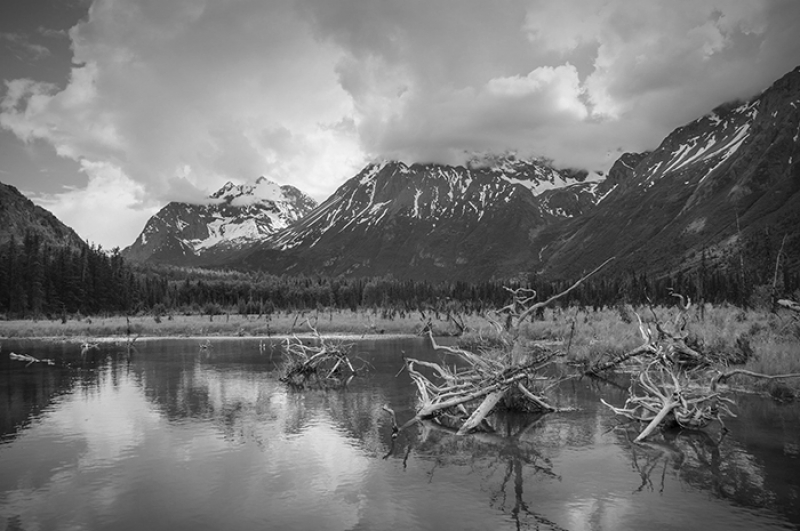
Travel and the melancholy that it is closely entwined with are therefore precious experiences. They compel us to be open to the world, to be affected by it and in the process, to become more viscerally a part of it.
Ironically, by making us feel emptier, they do actually enable us to become more complete.
